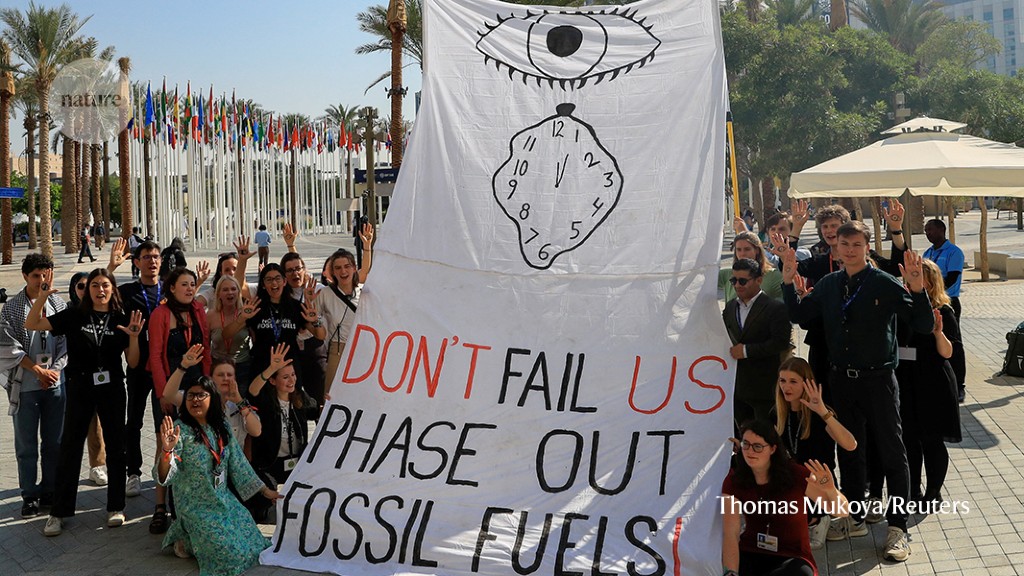The Beginning of the End of Fossil Fuels: The United States, China, India, and other nations have a strong commitment to triple the world’s renewable energy capacity by 2030
The signal that this sends is that the world is moving to phase out fossil fuels and fight forest loss and degradation, said the senior strategic director for the Natural Resources Defense Council. The business model of the fossil fuel industry is about to end.
Many leaders around the world want to exploit this loophole, which allows them to use fossil fuels to power their economies.
Al Jaber, who is chief executive of the Abu Dhabi National Oil Company, is but one example. The United States under President Joe Biden is another. It supports the calls to phase out fossil fuels, yet takes more oil and gas out of the ground than any other country. India, led by Prime Minister Narendra Modi, is expanding renewable energy. But the nation — which has an ambition to represent the interests of poor countries — is also continuing to build coal-burning power plants, which supplied nearly three-quarters of its electricity last year.
Wealthy countries should lead the way. Slashing emissions and driving down costs of clean-energy technologies is part of this, as is providing financial aid to the poorer countries. Yet world leaders have failed to come up with enough funds.
Crucially, more than 120 countries pledged to triple the world’s renewable-energy generation capacity by 2030. This commitment would provide a large step forward, in part because it focuses on near-term action rather than long-term hope.
It remains to be seen if countries follow through on the agreement. If the nations want to limit global warming to 1.5 degrees, they will need to reduce their greenhouse gas emissions by roughly 43 percent this decade, according to scientists. Humans will struggle to adapt to extreme storms, climate change and wildfires, scientists say.
The new deal is not legally binding and can’t, on its own, force any country to take action. Yet many of the politicians, environmentalists and business leaders here hoped it would send a message to investors and policymakers that it is the beginning of the end of fossil fuels. Each nation has two years to submit a formal plan on how it will reduce its greenhouse gas emissions. The plans are supposed to be guided by Wednesday’s agreement.
“Through the night and the early hours of the morning we worked collectively for consensus,” said Mr. Al Jaber on Wednesday morning before a room full of applauding negotiators. “I promised I would roll up my sleeves. We have the basis to make transformational change happen.”
Clean Energy, Climate Warfare, and the Unified Arab Emirate: An Overview from 17th Century Climate Negotiation in the United Arab Emirates
There’s a lot of science underpinning these kinds of negotiations. The world is hotter than it was before the Industrial Revolution. It is enough to cause more devastating Hurricane and wildfire seasons, and suck dry places from the map, so that other communities don’t have to worry about rising tides.
What would have been a historic deal to tackle a planetary crisis slipped out of reach at the eleventh hour. Climate-vulnerable countries and environmental advocates got some important wins with clean energy after heated climate talks wrapped up in the United Arab Emirate, a top oil and gas-production country.
